Last week, Venezuelan President Nicolas Madur said that the United States has granted licenses to some oil companies to resume operations in Venezuela.
Stating that the US has taken small but important steps, Maduro said, "The US licensing Chevron, Eni and Repsol to start gas and oil production in Venezuela are small but important steps." used the phrase.
Following the spread of news that Eni and Repsol companies could soon export Venezuelan oil to Europe, the question arose whether Venezuela would be able to meet the EU's oil demand.
Oil production in Venezuela has fallen drastically due to weak infrastructure, political corruption, insufficient investment in the oil sector, sanctions imposed on the sector, and a shortage of skilled workers. Experts note that large investments are needed in order to recover the sector and increase production in the country.
According to the report of the British energy company BP, Venezuela has the world's largest reserves with 304 billion barrels of oil. According to the OPEC report, Venezuela produced 2.3 million barrels of oil a day ten years ago, but production decreased to 1.1 million barrels a day in 2018.
Oil production in Venezuela, which has not been able to ship oil to Europe since 2019 due to the harsh embargoes of the USA, fell below 700 thousand barrels per day last month.
Permits covering oil export are restrictive.
Fernando Ferreira, Director of the Geopolitical Risk Unit of Washington-based consultancy Rapidan Energy Group, told Anadolu Agency (AA) that the US administration's decision on Venezuela's oil exports is restrictive and only allows oil shipments to repay debts to two selected EU companies.
Ferreira stated that he predicts that exports to Europe will be between 50 and 100 thousand barrels per day under the current conditions, "This is great news for the companies involved. However, the amount to come from Venezuela will replace the average 3 million barrels of Russian oil sent to Europe per day before the Russia-Ukraine war." not enough to fill it." said.
Noting that even if an agreement is reached between US President Joe Biden and Maduro, it is not possible to completely remove the energy and financial sanctions against Venezuela in the near future, Ferreira said that Venezuela can increase its production by 200 thousand to 400 thousand barrels a day, at best, up to one year.
Ferreira underlined that depending on the outcome of the agreement, in the best-case scenario, US and EU companies could be allowed to continue working in joint ventures in Venezuela and to commercialize the oil asset for production.
"The refineries with the infrastructure to process Venezuelan oil are limited in Europe"
Energy Intelligence Group Oil Markets Economist Julien Mathonniere stated that the oil going to Europe from Venezuela will not be enough to meet the needs.
Pointing out that even some OPEC member countries have difficulties in meeting their daily production quotas, Mathonniere stated that it is not possible for Venezuelan state oil and natural gas company PDVSA, which has been underinvested for years, to increase its production to meet the EU's needs.
Sharing the knowledge that Venezuelan oil is heavy crude oil with a high sulfur level, Mathonniere emphasized that the number of refineries in Europe that can process this type of oil is limited.
Underlining that the aforementioned refinery shortage limited Venezuela's role in relieving the current production shortage in the oil market, Mathonniere said, "Russia increased its oil exports in March and April. This did not affect global oil prices because the amount of exports Russia offered to the market was not very high. Similarly, the amount Venezuela exports is unlikely to affect oil prices." made its assessment.
oil embargo on Russia
One of the biggest sanctions since the beginning of the Russia-Ukraine war came into effect with the EU Commission's approval of the 6th sanctions package last week.
The package, which has been on the agenda since the beginning of last month, includes the phasing out of crude oil supplies from Russia in 6 months and the phasing out of refined products by the end of the year.
There were long discussions between EU member states, with countries such as the Czech Republic, Slovakia and Bulgaria led by Hungary objecting to the ban on oil imports.
As a result of the consensus reached after intense negotiations, oil purchases through the Druzhba pipeline, which carries oil from Russia to Europe, were excluded from sanctions, and only oil purchases with tankers were prohibited.
It was decided that the ban on oil imports by sea would come into effect by the end of the year.


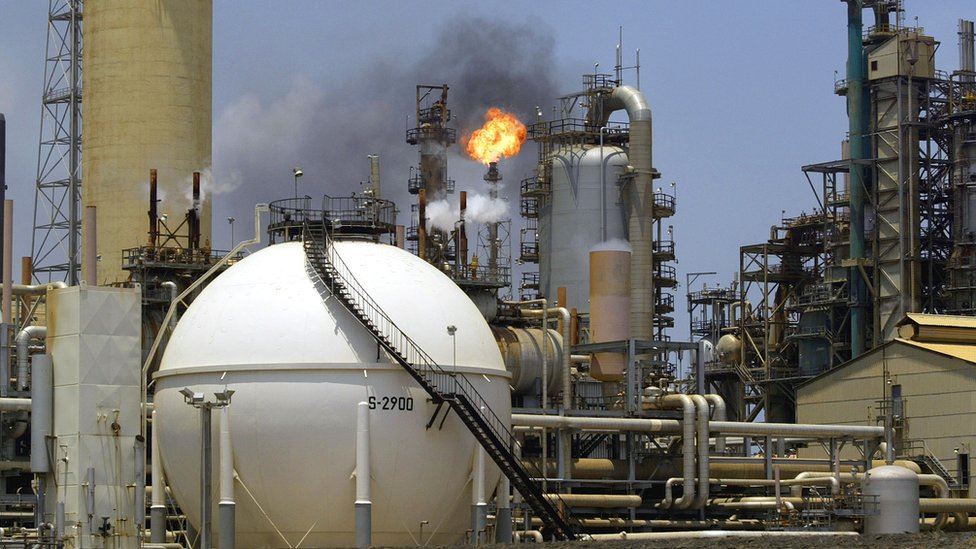
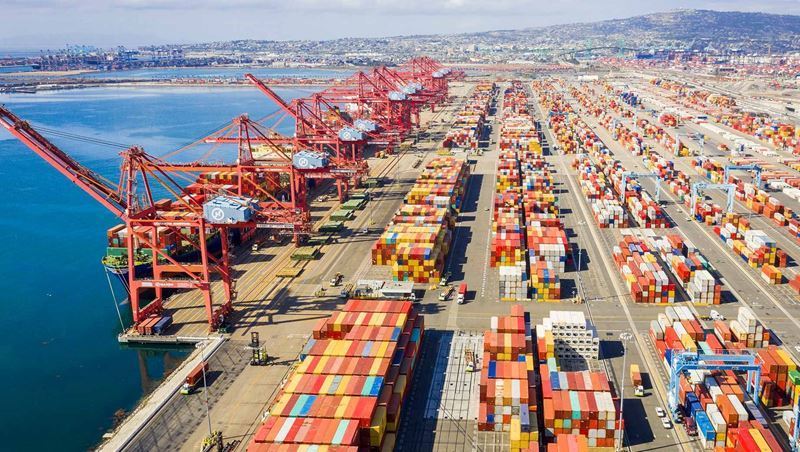

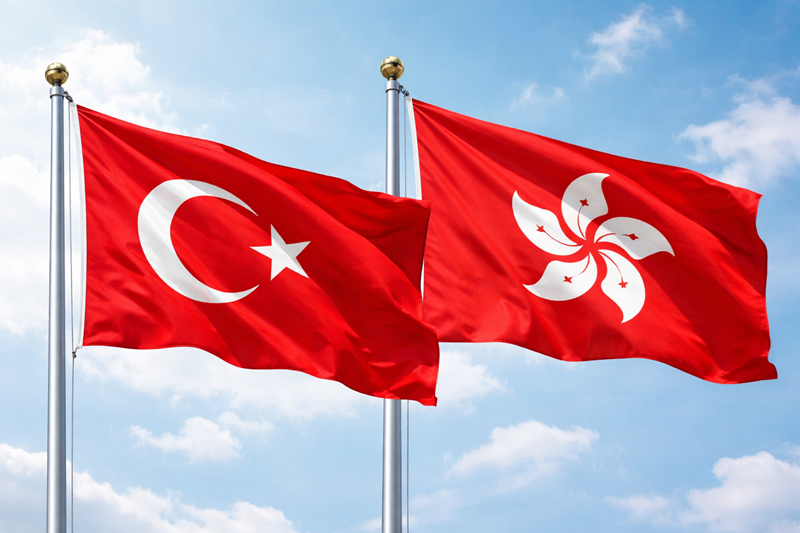
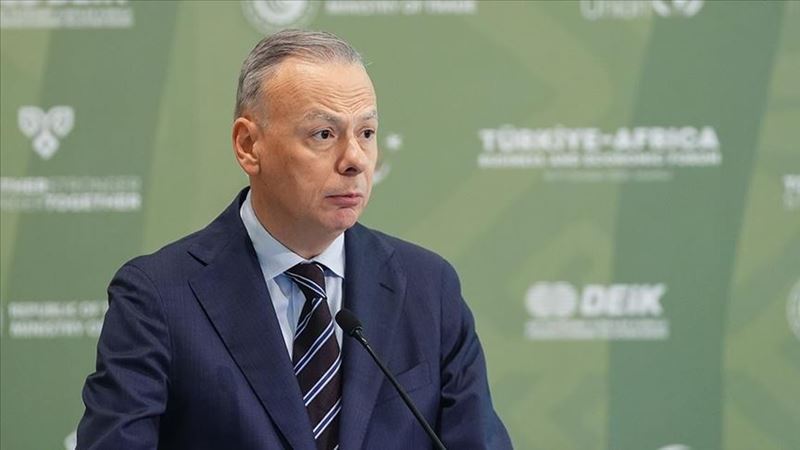
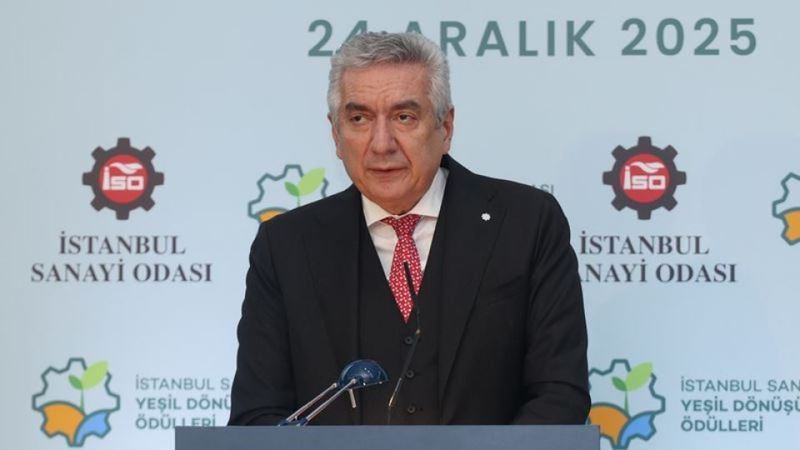

Comments
No comment yet.